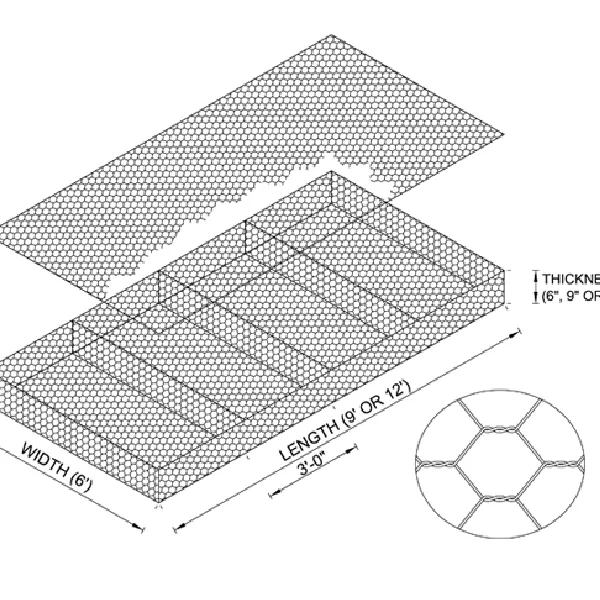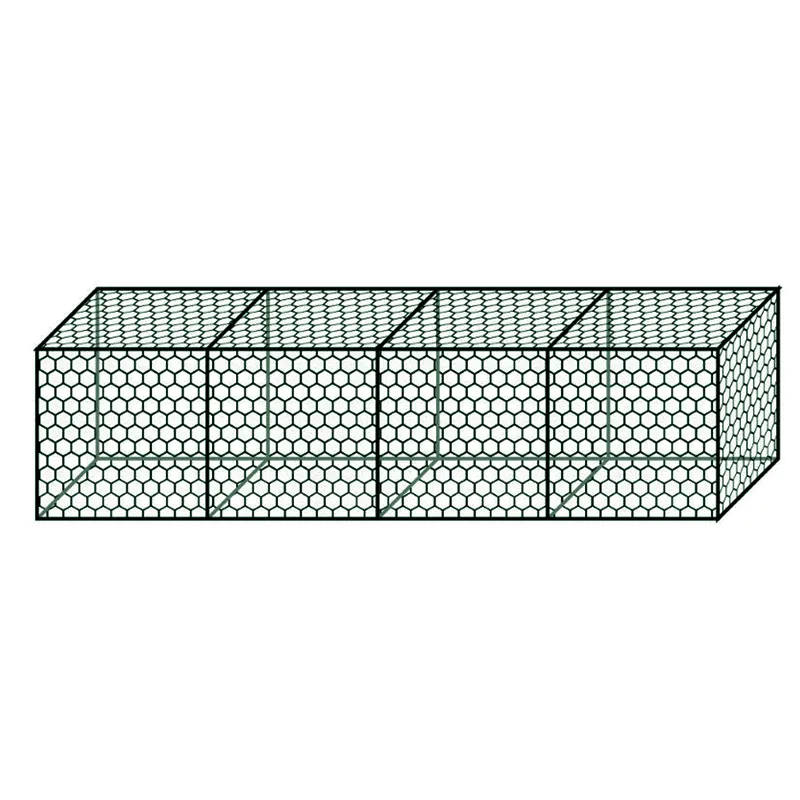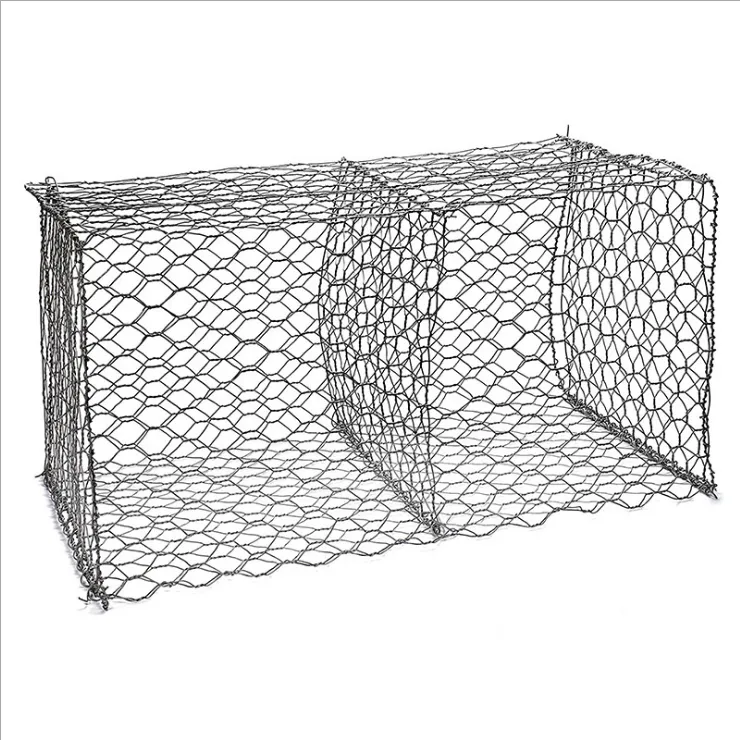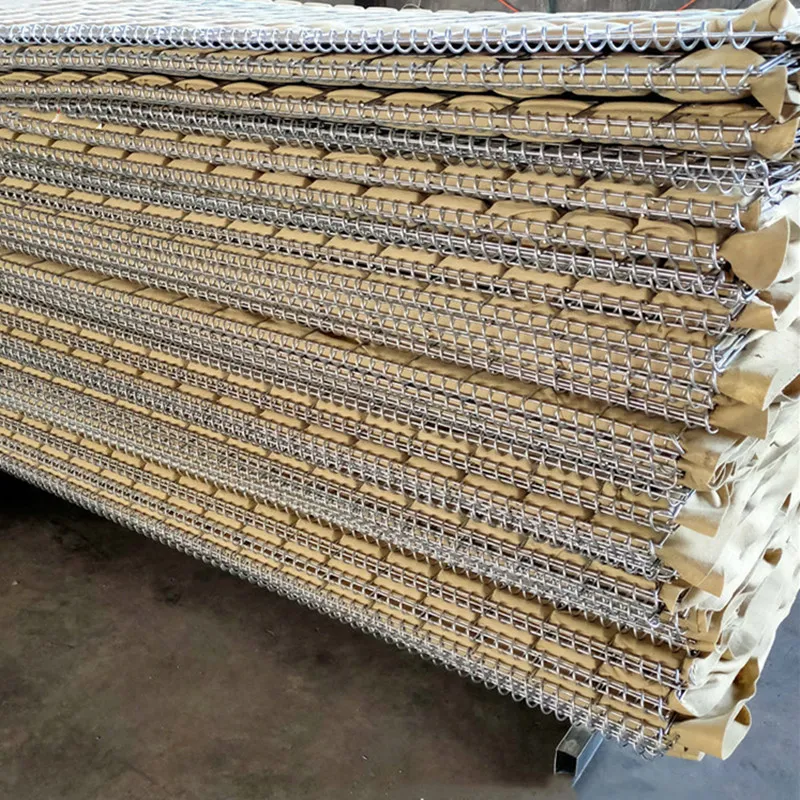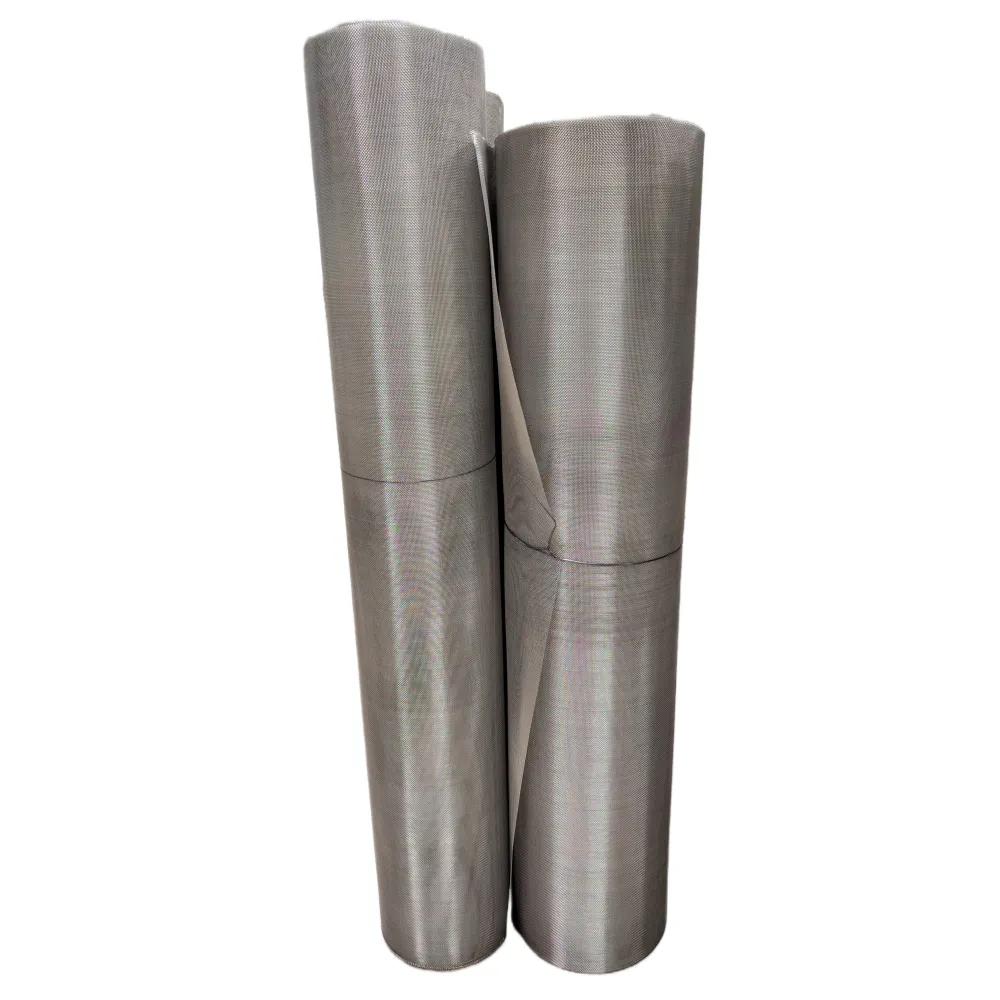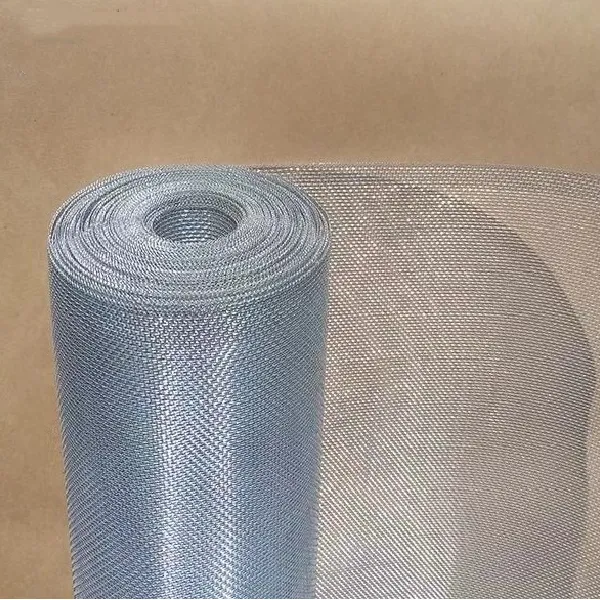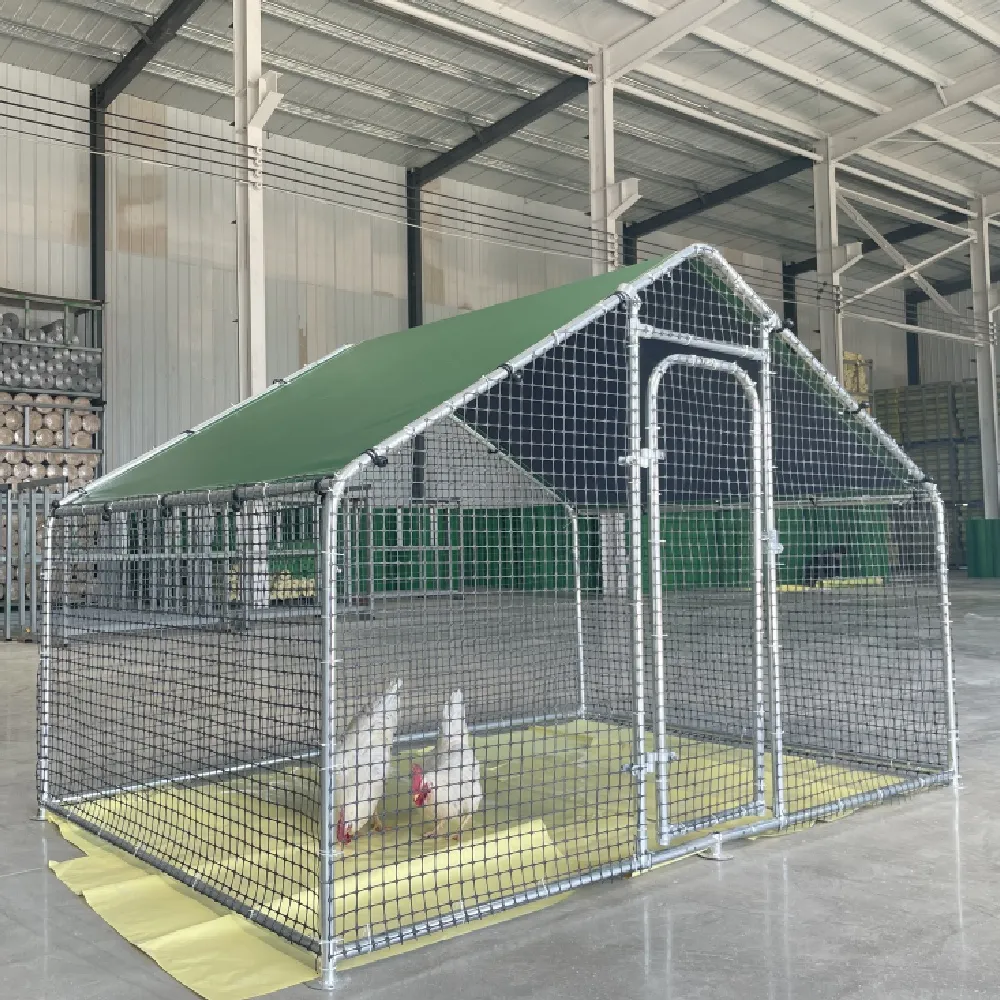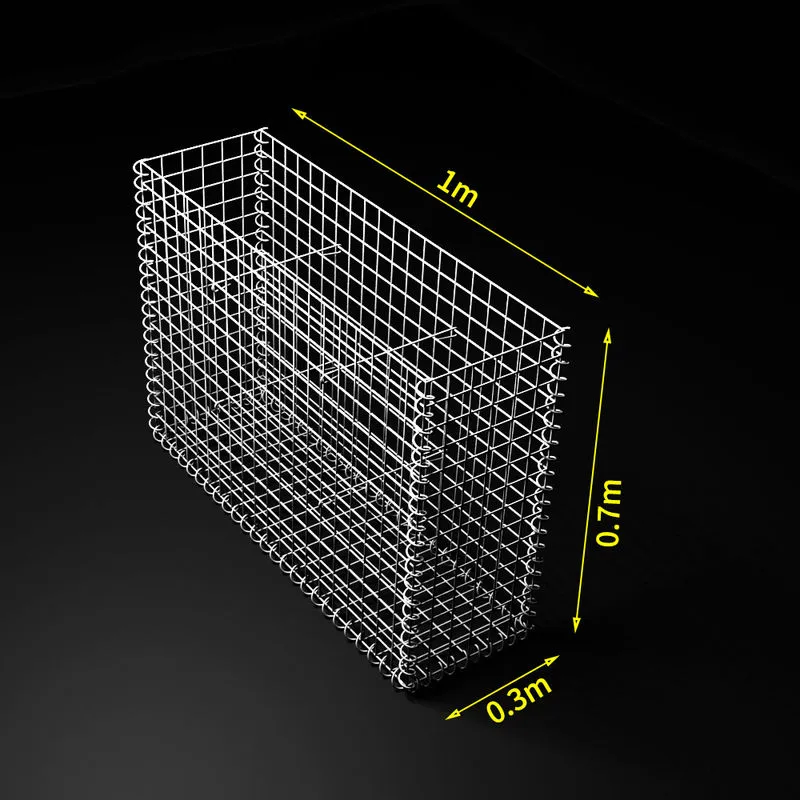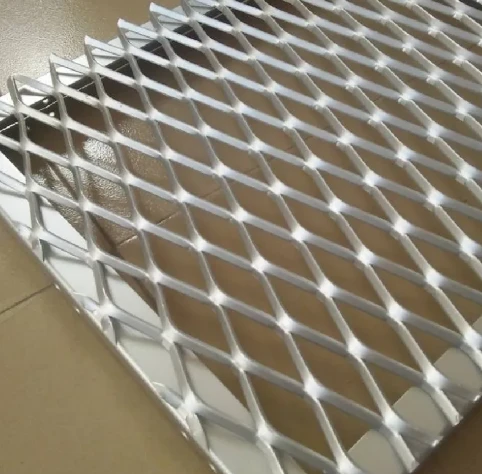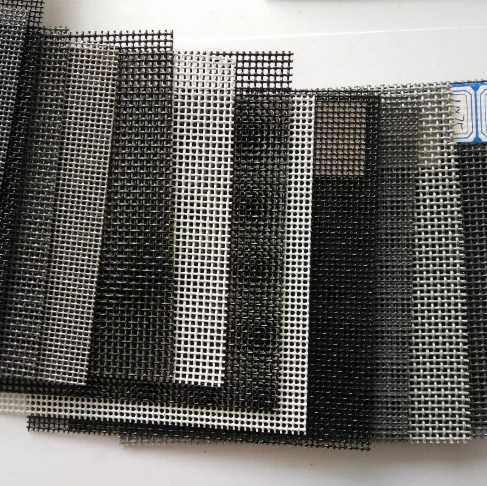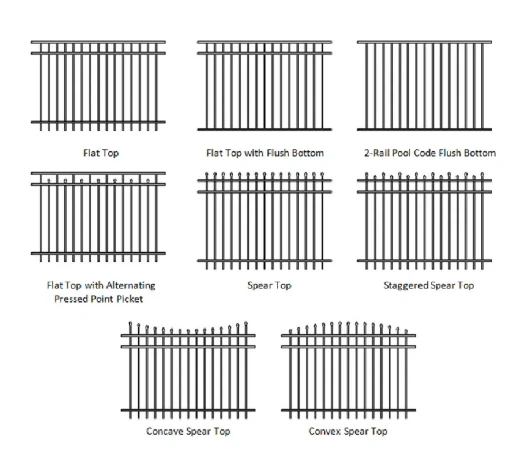Choosing the right type of wire fencing is critical for the security, management, and aesthetic appeal of your property, whether it's residential, agricultural, or commercial. With myriad options available, each type brings unique benefits tailored for specific needs.
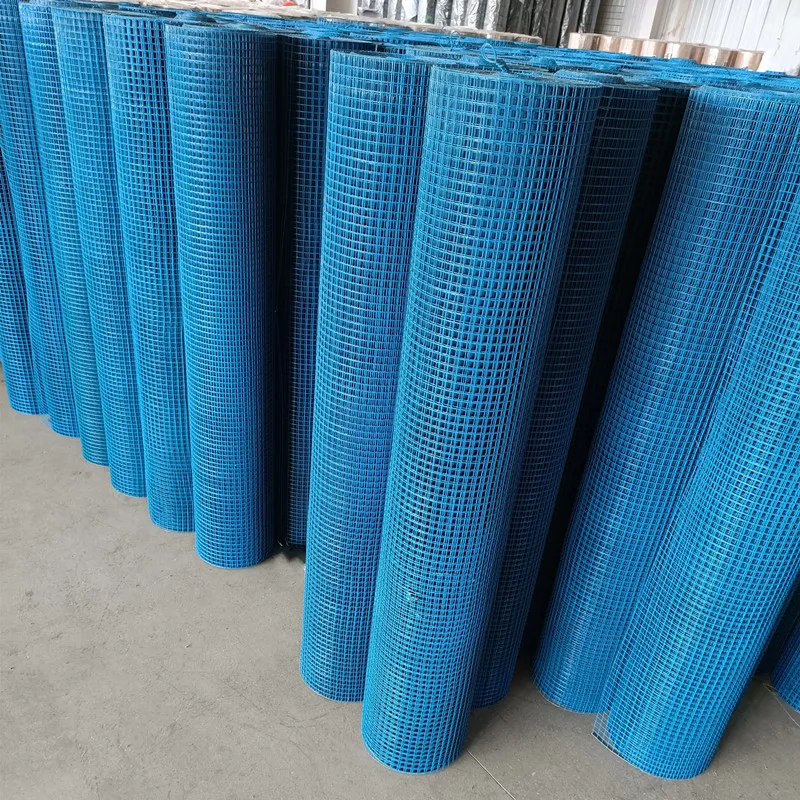
Chain Link Fencing stands out as a popular choice for both residential and commercial properties. Its woven steel design provides robustness yet maintains transparency, allowing visibility while demarcating boundaries. One of the primary advantages is its cost-effectiveness coupled with low maintenance. It's particularly suitable for creating secure perimeters for schools, sports fields, and residential backyards. Enhancements like vinyl coatings can add an extra layer of rust protection and an array of color choices to blend better with surroundings.
Welded Wire Fencing is the choice for those needing a more rigid and durable enclosure. Formed by welding vertical and horizontal wires into a grid, this fencing type is commonly used in agricultural settings to contain or protect livestock such as sheep, goats, and cows. Its strength also makes it ideal for gardens where critter control is necessary. This fencing provides a balance between security and visibility and can be utilized for both temporary and permanent installations.
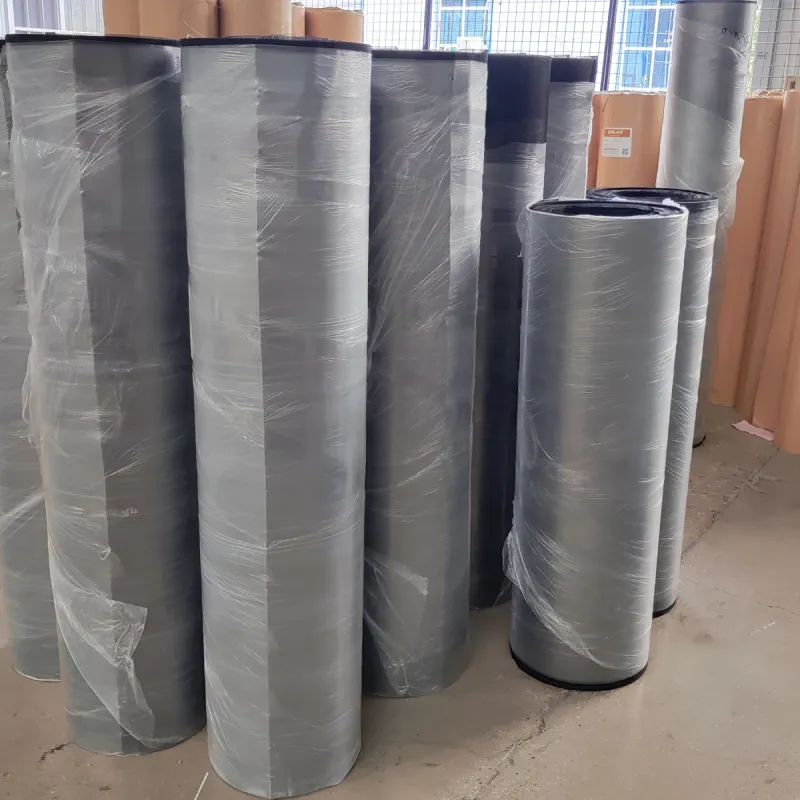
Barbed Wire Fencing is synonymous with perimeter security in rural or agricultural settings. Comprising strands of wire with sharp barbs at intervals, it serves primarily as a deterrent to livestock and human trespassers. It's cost-effective and quick to install, which has made it a staple in the ranching industry. Due to its aggressive appearance, it is not generally recommended for residential areas unless specifically required for security.
different types of wire fencing
Electric Fencing appeals to contemporary needs for animal management, offering a psychological barrier rather than a physical one. It sends intermittent electric pulses which deters animals from contact, thereby establishing effective boundaries. Electric fencing can be an ideal solution for rotational grazing systems and is often employed in conjunction with other fencing types to enhance security without imposing visual barriers.
For those focused on aesthetics as much as functionality, Decorative Wire Fencing offers the best of both worlds. Such fencing may feature intricate patterns and designs, often utilized in garden spaces or as accent pieces within residential landscapes. They provide demarcation and charm without compromising on security. Materials like wrought iron can offer an elegant look with the appropriate coatings to prevent rust.
Concertina Wire, also known as razor wire, is a high-security option primarily seen in military bases, prisons, and other high-risk areas. Offering the ultimate deterrent, it's not suitable for residential properties but remains unmatched for areas where security is the utmost priority.
When considering wire fencing options, it's essential to evaluate the specific needs of your property, the level of security required, aesthetic preferences, and budget constraints. Consulting with fencing professionals can offer further insights into the best materials, installation practices, and maintenance tips tailored to your unique situation.
By understanding the diverse types of wire fencing, you can make an informed decision that enhances the utility and value of your property.




